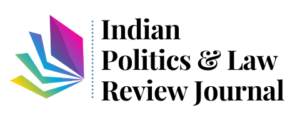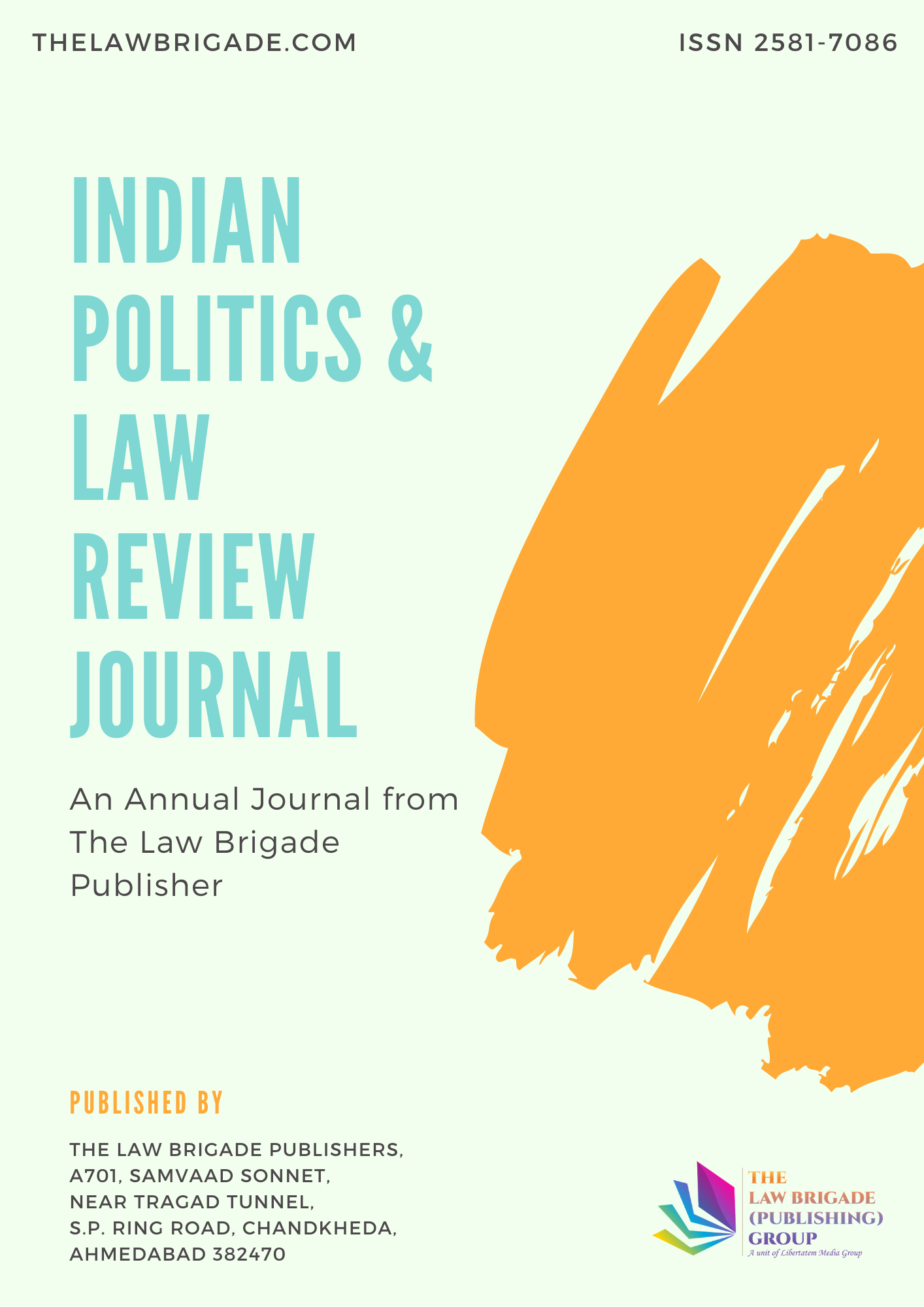The Hindu Codified Law or the Hindu Code is the primary source of governance for all Hindus in India. Its constituents include four major acts viz. the Hindu Marriage Act 1955, the Hindu Adoptions and Maintenance Act 1956, the Hindu Minority and Guardianship Act 1956 and the Hindu Succession Act 1956. After their promulgation, these acts have significantly altered the Hindu way of living by providing a firm pedestal of written statutes where legal complications and issues related to marriage, adoption, and succession of the property could be properly adjudicated.
The Hindu Succession Act, 1956 or the HSA was edited in 2005 through the Hindu Succession (Amendment) Act, 2005, which revolutionized the law relating to succession or transfer of property in Joint Hindu families (or HJFs) governed under the Mitakshara law. Before the 2005 amendment, under Section 6 of the HSA, if a Hindu male coparcener in an HJF died prematurely, only the next male coparcener, for example, the deceased person’s son, was entitled to a share in that coparcenary property. The statute purely failed to consider females as eligible beneficiaries, consequently keeping them devoid of any share in the family property.
The amendment inserted a new revised Section 6, which recognized the property rights of female siblings, specifically the daughters of deceased male coparceners, and placed the value of their share in their father’s property at par with their male counterparts. A daughter, now being a “Hindu Mitakshara Coparcener”, became as much eligible to receive a share in her father’s property as was a son, essentially sharing their rights as well as any liabilities that might arise concerning the said property in the foreseeable future.
The 208th Law Commission report presented on July 30th 2008, brought under sight a new deficiency in the new 2005 amended HSA. The explanation attached under sub-section 5 of Section 6 of the act defined the term ‘partition’ as “…Explanation. – For the purposes of this section, “partition” means any partition made by execution of a deed of partition duly registered under the Registration Act, 1908 (16 of 1908) or partition effected by a decree of a court.”[i]
The report suggested that the act had not considered oral partitions and family arrangements while defining the ambits of “partition”. It also recognized that these methods of partition have been legally acknowledged in the numerous judgements pronounced by the Supreme Court, the various High Courts and even by the Privy Council and are accepted modes of dividing property under the Hindu law. Therefore, taking cognizance of this issue, the Law Commission, through this report, submitted a proposal to Dr H.R. Bhardwaj, the then Union Minister for Law and Justice, to amend the section and to expand its scope to contain oral partitions and family arrangements within its purview.
[i] The Hindu Succession Act, 1956, §6(5).





